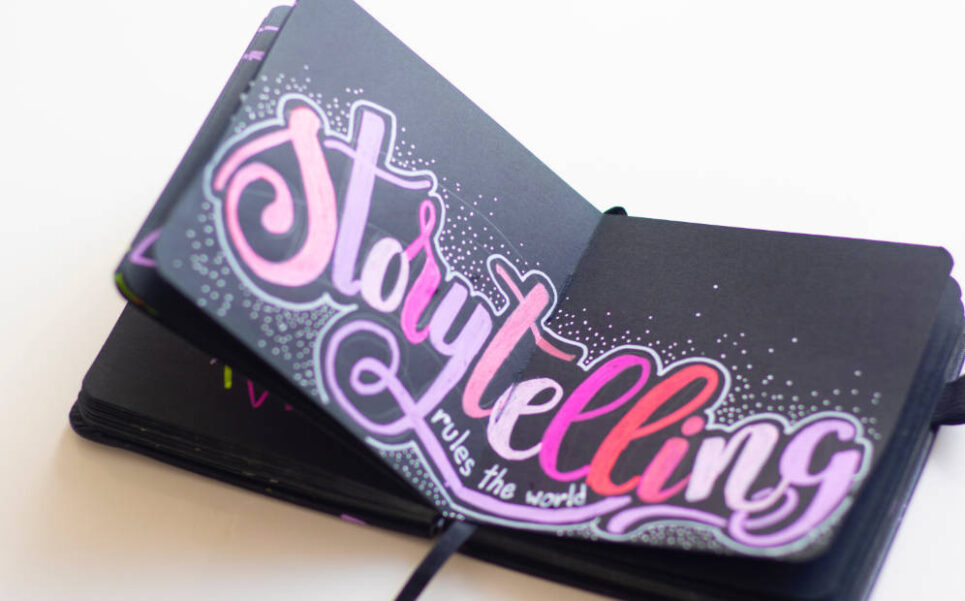Lies are all around us. It may make people sad, but it shouldn’t be a shocker. Telling lies was considered a sin but now it has become fashionable. The truth seems to have gone out of fashion. We are in a world in which lies, even half-truths, are preferable to half-truths that are paradoxically lies.
Everyone lies. They lie, they have always lied.
Presidents and politicians lie. Cardinals, archbishops, and priests lie. Criminal lawyers and judges lie. Examinations, diagnoses, and polygraphs lie.

Whether it’s politics, social norms, or the media, it appears that it is okay to provide answers about changes in society or decisions made by leaders with fallacious explanations rather than telling them the cold, hard truth.
Opposing candidates lie about their opponent’s goals and methods. These people lie about statistics. We don’t know where our money goes when it is taxed, we don’t know what the government spends its money on, and we don’t even know how much control people in the government have over certain issues.

Lying has become an art. And we are deeply indignant when we discover lies.
Now, the decency or indecency of the art of lying belongs to the realm of conscience, to the realm of philosophy.
We are in a world that looks like a pressure cooker. At any moment it can explode.
We can live in a continuous indignation that inevitably leads to resignation or, rather, we can pretend that we are, and camouflage ourselves with the environment.
The opossum, for example, when surrounded by predators, pretends to be dead in the long run.
The best and most perverse ally of lying is deception. Deceptions are supposed to be worse. Deceptions are more harmful, corrosive, and dangerous, although one cannot be given without the other even if there are true deceptions.
The truth is that we live in a world where lies reign. The so-called revealed truth has gone to the basements of dignity.
That is why people don’t know who to believe anymore. Every truth turns out to be a lie and every lie turns out to be a truth. So the one who tells more lies than the one who tells more truths ends up being right.
The truth is that we are in an empire of lies, where there is room for lies, gossip, hoaxes, deceit, insinuations, and slander. On the other hand, the poor truth is ungrateful and alone, totally defenseless, questioned in its essence, struggling to survive without anyone giving it the value it has.
There are several reasons as to why people lie.
Some lie as a defense mechanism. It is to self-protect. Others lie out of disappointment. To avoid disappointing another person or even themselves, a lie might be told. The uncomfortable feeling of disappointment justifies the deception.
An abusive person constantly lies to continue their manipulation. If the truth came out, the abused might leave.
Sometimes a lie is done because the person feels intimidated by others. Again, this feeling of inferiority is so uncomfortable that they lie to cover it up. Unfortunately, some people lie just to get the attention of other people.

Believe it or not many lie out of curiosity. This is a very childlike behavior that some adults don’t grow out of. Instead, they lie just to see what will happen regardless of the harm it might cause others.
Some people lie as their form of private entertainment. For them, lying is fun because they like to watch how others respond.
Some people like drama in their lives. So they lie to stir it up and watch the reactions of other people. Others simply lie because they need attention. Similar to attention-seeking, a person is trying to get empathy from others by lying about a past or current event.
Sadly, sometimes it all comes down to control. To control another person’s behavior, a lie is told.
Most people lie occasionally, although there are individual differences in how often lies are told. Lying is a part of normal child development, emerging early in life.
So, people lie to save face, to avoid hurting other people’s feelings, to impress others, to shirk responsibility, to hide misdeeds, as a social lubricant, to prevent conflict, to get out of work, and many more reasons.
To go no further we need only remember Pinocchio. His story shows us the great consequences of an innocent lie. It also shows that lying is a central component of human behavior.
In our day-to-day lives, we tell little white lies all the time, sometimes out of simple kindness. A little deception seems to soften human relationships without generating long-term damage.

People lie a lot and three key parts of our brain are stimulated when we lie. First, the frontal lobe (of the neocortex), can suppress truth. Second, the limbic system is due to anxiety. And third, the temporal lobe is involved because it’s responsible for retrieving memories and creating mental imagery.
And it’s far more peaceful when we tell the truth because our limbic systems aren’t stressed about lying and our frontal lobe isn’t inhibiting the truth.
Lying can be harmful because, when discovered, it erodes trust, which greatly complicates interpersonal relationships. Obviously a liar can face loss of credibility or embarrassment.
So, we are left to wonder: do we know we are being fooled and are just going along with the lies to prevent even more chaos around us? Repetition makes a fact seem more true, regardless of whether it is or not. Our minds are prey to the illusion of truth effect because our instinct is to use shortcuts in judging how plausible something may be.


